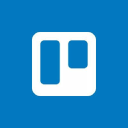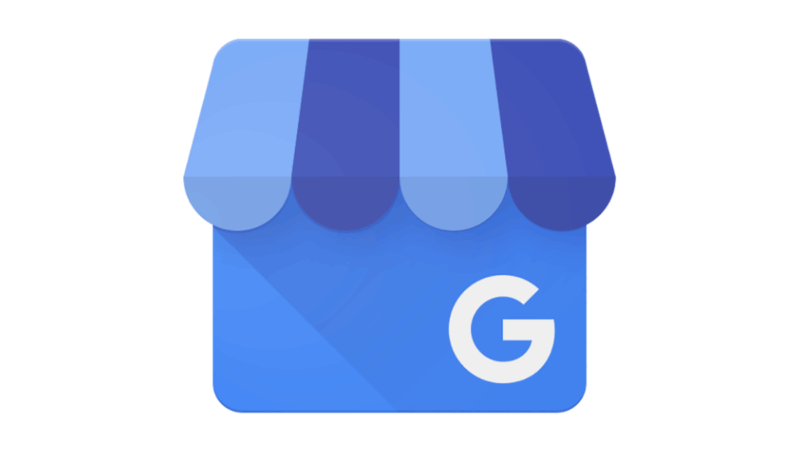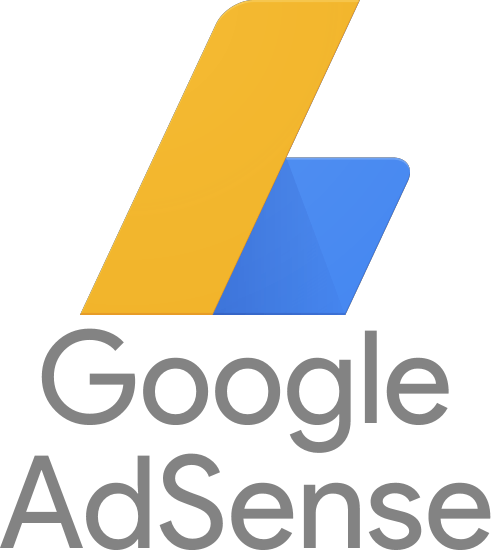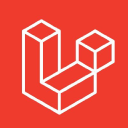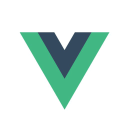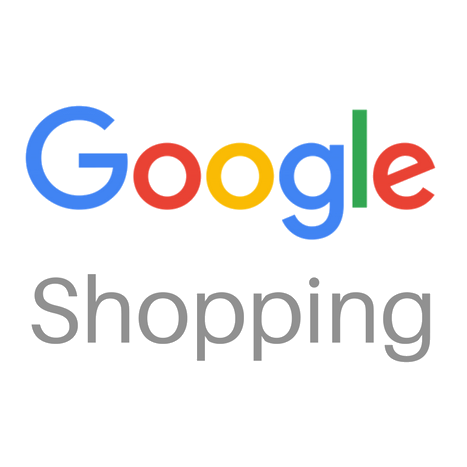How I Created A $3K/Month Customer Survey Software
Hello! Who are you and what business did you start?
My name is Moritz Dausinger and I’m the founder of Refiner.
Before Refiner, I successfully bootstrapped two SaaS companies from zero to exit, went through an acqui-hire by a venture-backed startup, and launched countless other web projects which didn’t really lead anywhere.
Refiner is a user feedback & customer survey tool for data-driven SaaS teams. We help our customers better understand the needs of their users, track customer satisfaction with NPS survey widgets, increase retention rates, and research what to build next.
Refiner officially launched in March 2020, right when Covid-19 struck. A couple of months later we had our first paying customer and we are seeing great traction since.
Last month, we increased our monthly recurring revenue (MRR) by 30% and hit our end of the year goal of $2K MRR.

